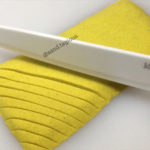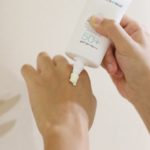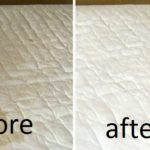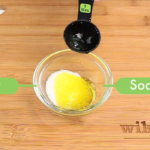Soap and Foaming Cleansers
Soap or foaming cleansers are associated with cleanliness, as their soap properties remove more dirt and oil. However, these products often contain strong sulfates, which create foam and can dry out your skin and strip away natural oils. Don’t be fooled or tempted by foam; instead, opt for a gentle or oil-based facial cleanser.

Exfoliators
Exfoliators can be just what you need to remove dead, dry skin, but there’s a big difference between using an abrasive exfoliator with large particles that can irritate and damage the skin, and using a gentle chemical exfoliator that contains ingredients like glycolic acid.
Alcohol-based Toners
Toner is a skincare step that many people incorporate into their routine. It can firm up your skin in between cleansing and moisturizing, but it’s important to avoid toners that contain alcohol and propylene glycol, both of which can dry out your skin and make dryness worse.
“Natural” Oils
Just because a skincare product contains natural ingredients like essential oils doesn’t mean it’s better for your skin. You may be allergic to lavender oil or tea tree oil, and using these ingredients can cause breakouts. Always patch test any product, even if it’s natural.

Moisturizers That Don’t Actually Moisturize
Your moisturizer is designed to provide hydration and nourishment to your skin, but just because it’s meant to moisturize doesn’t mean it’s rich enough to do its job, especially if you have extremely dry skin.
If it doesn’t contain ceramides, vitamin E, hyaluronic acid, shea butter, or some combination of these moisturizing ingredients, it may not be the right product for you.
Parabens
Parabens are used to prolong the shelf life of cosmetics. Some parabens are banned substances in cosmetics and can be found in moisturizers and foundations. According to industry experts, regular exposure to parabens increases the risk of breast cancer. However, the extent of the harm depends on the individual’s skin condition, as well as the dosage and type of paraben used.



































